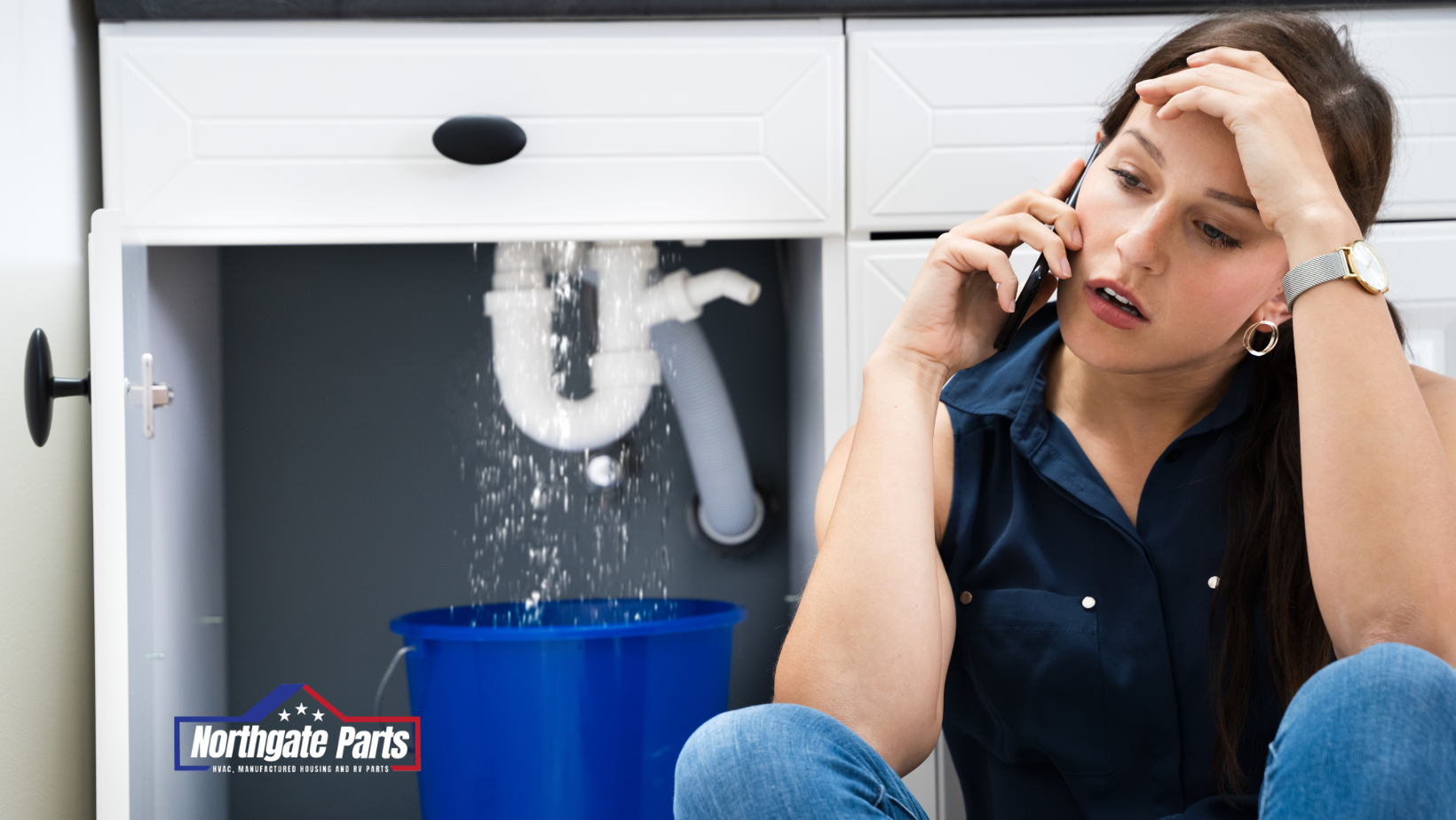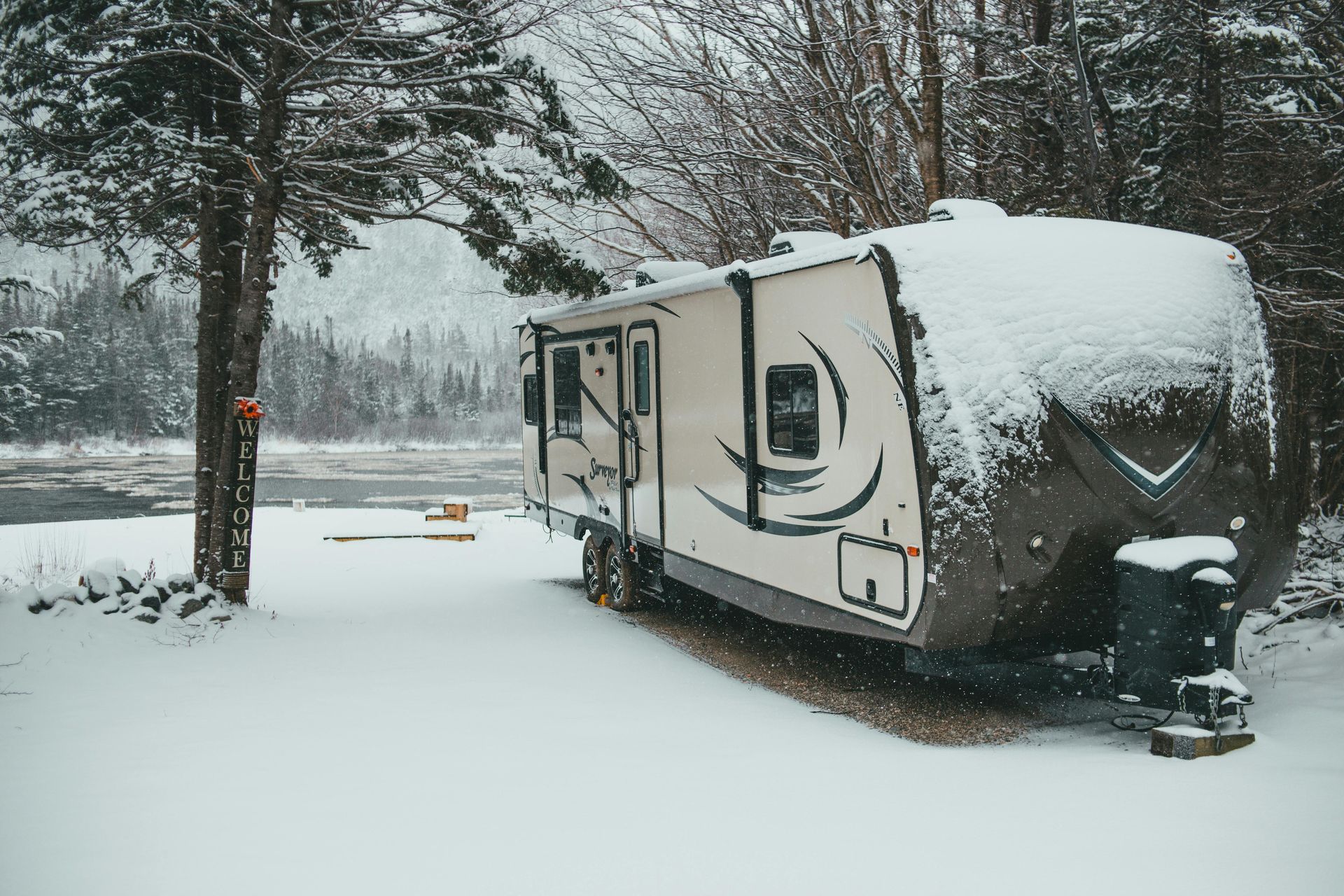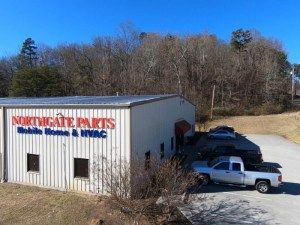Essential RV Maintenance Tasks Before a Long Road Trip
Why RV Maintenance is Crucial for Long Road Trips

Whether you’re a seasoned RV traveler or a first-timer, the key to a successful road trip is preparation. RVs can be complex machines, and neglecting maintenance can lead to costly breakdowns and unwanted delays. Taking the time to perform a few simple maintenance tasks can save you time, money, and headaches while ensuring that your RV stays safe and comfortable during your trip.
1. Inspect and Maintain the Tires
Your RV’s tires are one of the most important components to check before a long trip. Tires that are underinflated, overinflated, or worn out can lead to blowouts or poor handling on the road.
- Check Tire Pressure: Make sure each tire is inflated to the manufacturer’s recommended level. Low tire pressure can increase the risk of accidents and decrease fuel efficiency.
- Inspect for Damage: Look for signs of cracks, bulges, or excessive wear. If you notice any damage, replace the tire before you head out.
- Check the Tread Depth: Ensure that the tread is deep enough for optimal traction, especially if you’re traveling in wet or snowy conditions.
2. Examine the Battery and Electrical System
Your RV's electrical system powers everything from lights to appliances. It's essential to ensure it’s in working order before you begin your road trip.
- Check Battery Charge: Ensure your RV’s battery is fully charged. If it's old or no longer holds a charge, it may need to be replaced.
- Inspect Wiring and Connections: Check for any frayed wires or loose connections. If you notice any issues, have them repaired to avoid electrical problems while on the road.
- Test Lights and Appliances: Test all lights, including headlights, brake lights, and interior lighting, as well as electrical appliances, to ensure they’re functioning properly.
3. Service the Engine and Fluids
Your RV’s engine needs to be in prime condition to take you across long distances safely. Before your trip, make sure to service the engine and check the essential fluids.
- Check Engine Oil: Check the engine oil levels and top them off if necessary. If it's been a while since your last oil change, get it changed before hitting the road.
- Inspect Coolant and Antifreeze: Ensure the coolant levels are adequate, as this helps prevent the engine from overheating.
- Check Transmission Fluid: Low transmission fluid can affect your RV's performance. Check the levels and top it off if necessary.
4. Test the Brakes and Suspension
Your RV’s braking system is critical for safety, especially on long trips. A well-maintained braking system will ensure that you can stop quickly and safely, even in challenging conditions.
- Inspect Brake Pads: Check for signs of wear and ensure the brake pads are in good condition. If you hear any unusual noises when braking, get them checked before you leave.
- Test the Suspension System: A strong suspension system ensures your RV handles bumps and turns smoothly. If you notice any strange noises or uneven wear on the tires, it may be time for a suspension check.
5. Check the RV’s Plumbing System
A properly functioning plumbing system is essential for comfort on the road. Before setting out, ensure that your RV’s Plumbing system is in good working condition.
- Inspect Pipes for Leaks: Check all visible pipes and connections for leaks. Leaks can lead to water damage and waste, which can be a huge inconvenience while traveling.
- Test Water Pumps and Fixtures: Run the water pump and test faucets, showers, and toilets to make sure there are no blockages and that water pressure is consistent.
- Check Waste Tanks: Empty and clean your RV’s waste tanks before the trip. Make sure the waste tank sensors are working properly, so you can monitor your tank levels while on the road.
6. Inspect the Roof and Exterior
Before hitting the road, make sure your RV’s roof and exterior are in good condition. Small issues like leaks or cracks can quickly turn into major problems if not addressed.
- Check for Roof Leaks: Inspect the roof for any cracks or loose seals. If you find any issues, use a sealant or repair kit to prevent leaks during your trip.
- Inspect Windows and Doors: Ensure that windows and doors close properly and that seals are intact. This will prevent water damage and keep your RV insulated during your journey.
7. Test the HVAC System
A functioning HVAC System is crucial for comfort on long trips, whether you're dealing with hot summer days or chilly nights.
- Check the Air Conditioning: Test the air conditioning to make sure it's blowing cold air. Clean or replace filters if necessary to keep the system running efficiently.
- Inspect the Heater: If your RV has a heater, test it to make sure it’s warming properly. Replace any filters and ensure there are no blockages in the vents.
8. Stock Up on Supplies and Emergency Kit
Preparation goes beyond mechanical maintenance. Make sure your RV is stocked with essential supplies for the journey.
- Pack an Emergency Kit: Your emergency kit should include items like a flashlight, first-aid supplies, spare fuses, and a basic tool kit.
- Check Food and Water Supplies: Stock up on enough food, water, and cooking supplies to last through your trip. Don’t forget to bring extra fuel for the generator and other essential items.
By performing these essential RV maintenance tasks before embarking on your long road trip, you’ll ensure a smooth, safe, and enjoyable journey. Regular RV Maintenance not only extends the lifespan of your RV but also provides peace of mind while traveling.
Expert RV Service, RV Parts, and RV Maintenance in Chattanooga, Knoxville, and surrounding areas.
Call NORTHGATE PARTS at (423) 870-1515.
Other Articles from Northgate Parts




